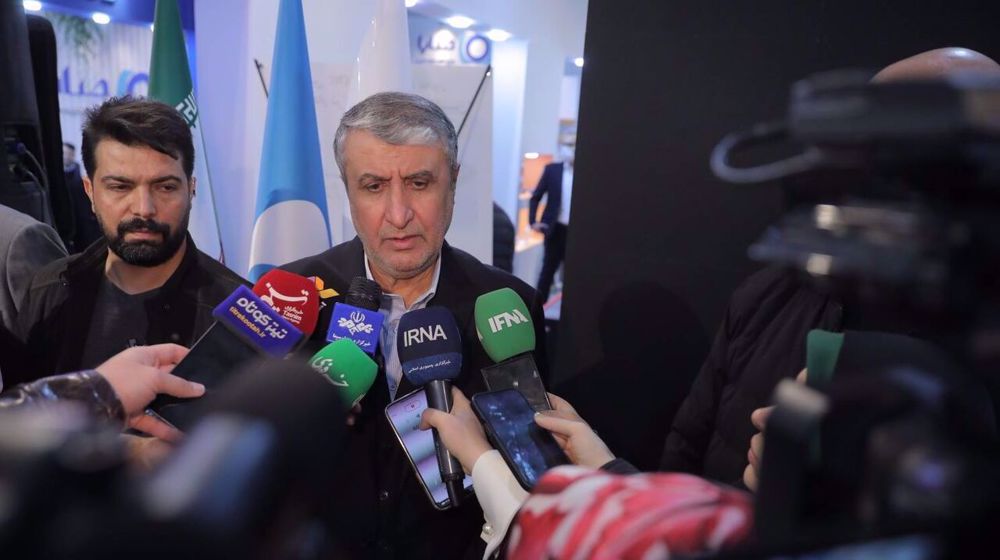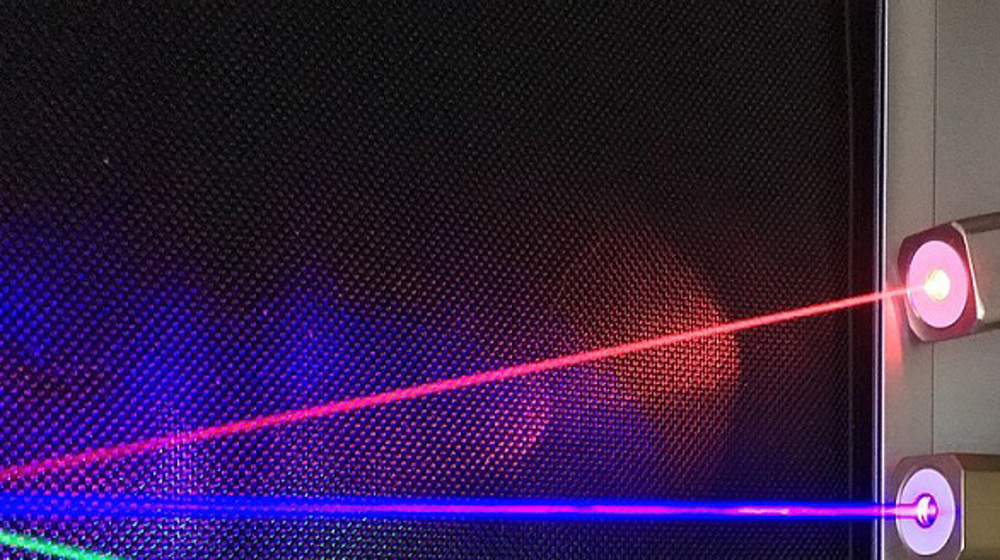Europe's political support for nuclear deal not enough: Iran FM
Iranian Foreign Minister Mohammad Javad Zarif says the European Union's "political support" for a 2015 multilateral nuclear agreement is not enough, urging the bloc to take more practical steps to boost economic cooperation with Iran.
Zarif made the remarks in a meeting with the European Commissioner for Energy and Climate Miguel Arias Cañete and his accompanying delegation in Tehran on Sunday, a few weeks after US President Donald Trump announced his decision to withdraw from the nuclear agreement, officially known as the Joint Comprehensive Plan of Action (JCPOA), signed between Iran and the P5+1 group of countries.
"With the US exiting the JCPOA, public opinion's expectations from the European Union have increased to save the JCPOA's achievements," the top Iranian diplomat said.

"The [European] Union must take more practical steps to continue its economic cooperation with Iran and boost its investment in Iran," Zarif added.
He emphasized that the 28-nation's commitment to implementing the nuclear accord was not consistent with the announcement of the possible withdrawal by major European companies from cooperating with Iran.
Arias Cañete, for his part, said European countries had reinforced their determination to maintain the JCPOA's gains.
The European commissioner added that the EU was resolute on implementing the nuclear deal and helping European firms continue their cooperation with Iran.
Read more:
- EU must stand against 'illegal, illogical' US move: Iran president
- Europeans should make up for US withdrawal from JCPOA: AEOI
- US to lose most from JCPOA withdrawal: Leader's aide
The US president announced on May 8 that Washington was walking away from the nuclear agreement, which was reached between Iran and the five permanent members of the UN Security Council -- the US, Britain, France, Russia and China -- plus Germany.
Trump also said he would reinstate US nuclear sanctions on Iran and impose "the highest level" of economic bans on the Islamic Republic.
Iran has said it would remain in the JCPOA for now, pending negotiations with the other signatories in the coming weeks before making a final decision on its future role in the agreement. Tehran wants the Europeans to give it clear-cut guarantees about fulfilling their obligations if it remains in the accord.
The three European signatories to the JCPOA have expressed their determination to preserve the landmark Iran nuclear deal.
Trump's administration said last week that the US president is prepared to impose sanctions on European companies that do business in Iran.
John Bolton, Trump’s national security adviser, claimed that “the Europeans will see that it’s in their interests to come along with us” rather than continue with the JCPOA, under which major European corporations have signed billions of dollars of contracts with Iran.
French Finance Minister Bruno Le Maire said on Sunday that his country was weighing possible ways that could help the EU compensate European companies that might be facing sanctions by the United States for doing business with Iran.
He added that EU rules going back to 1996 could allow the union to protect European companies against any US sanctions, saying that the EU should toughen its stance in this regard.
Hamas blasts Western media for blindly defending false Israeli narrative
ElBaradei condemns US threats of military action against Iran
‘No two-hour war’: Iran vows immediate retaliation to any attack
VIDEO | US warmongering threatens stability
Pezeshkian: US must end provocations if it seeks genuine diplomacy
Iran summons German ambassador over Merz’s ‘low-minded’ remarks
Iran's Armed Forces warn EU of ‘consequences’ of IRGC designation
Iran FM: EU’s blacklisting of IRGC a ‘major strategic mistake’










 This makes it easy to access the Press TV website
This makes it easy to access the Press TV website